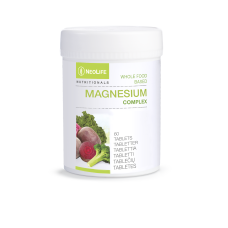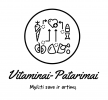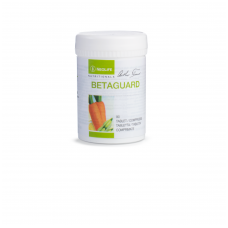Mineral (Magnesium)

Who needs it ?
Magnesium strengthens bones and teeth , improves muscle health as it helps them relax , and is therefore very effective in PMS , important for the work of the heart muscle and nervous system .Necessary for energy production .As a co-factor , participates in the activity of many enzymes.
Signs of deficiency
Muscle spasms and tremor( shaking), muscle weakness, insomnia and nervousness, high blood pressure, arrhythmia (irregular heartbeat), constipation, fits and convulsions, hyperactivity , depression, confusion (confusion) , lack of appetite , calcium deposits in soft tissues, kidney stones.
How much?
RDA (recommended daily intake) 300 mg
OPN (optimal daily intake) 500 mg
does not occur if the dose does not exceed 1000 mg.
Recommended foods
Wheat germ ( 490 mg), almonds (270 mg), cashews (267 mg), Brewer's yeast (231 mg), buckwheat flour (229 mg), Brazil nuts (225 mg), peanuts (175 mg), pecans (142 mg), boiled beans (37 mg), garlic (36 mg), raisins (35 mg), green peas (35 mg), potato skins (34 mg), crabs (34 mg).
Assistants
Vitamins B1, B6, C and D, zinc, calcium and phosphorus.
Thieves
High levels of calcium, obtained by abundant consumption of dairy products ,proteins, fats, oxalates (spinach and rhubarb), phytates (wheat bran and bread).
Source
Patrick Holford" the new bible of optimal nutrition " P. 485 book publisher (medical research and Consulting Center)

 +370 679 670 37
+370 679 670 37
